Word or Phrase of the Day:
(Edo) Ene: 4 (Four)
(Guosa) Líttáfí: book
(Guosa) fòjí lá: broken
(Guosa) ó tí shìhé kófà?: Have you opened the door?
(Edo) Iwera: 13 (Thirteen)
(Edo) Uri okpa vb-iy-ise or Iyisen yan uri: 300 (Three Hundred)(100+200)
(Guosa) Ból: ball
(Edo) Ekesugie: 15 (Fifteen)
(Edo) Ogba: 30 (Thirty)
(Edo) (E)k-igbe s-iy-ena : 70 (Seventy){(20 x 3) + 10}
(Edo) Uri or Aria okpa: 200 (Two Hundred)
(Guosa) jìndé: arise
(Edo) Iy-ise: 100 (One Hundred)(20 x 5)
(Guosa) mî mà: I do not know
(Edo) Iweva : 12 (Twelve)
(Edo) Ọdọ mwen n'uwa: My lovely husband
(Edo) Igbe: 10 (Ten)
(Edo) Aria Isen: 1,000 (One Thousand)(5 x 200)
(Edo) Ise: 5 (Five)
(Edo) Eva-irovb-ugie: 18 (Eighteen)(2 out of 20)
BEING THE OPENING ADDRESS BY THE OMO N'OBA N'EDO, UKU AKPOLOKPOLO OBA OF BENIN, AT THE INTERNATIONAL CONFERENCE ON POLITICS, SOCIETY, AND RIGHTS IN TRADITIONAL SOCIETIES HELD AT AKIN DEKO AUDITORIUM, UNIVERSITY OF BENIN,
ON 16TH - 17TH MAY, 2002.
Distinguished Ladies and Gentlemen, It was with surprise that I received a letter of invitation from my children in the Institute for Benin Studies requesting me to deliver the Opening Address of this Conference. What surprised me was the theme of the Conference, which centres on traditional societies.
Given the age of the organizers and the increased obsession with modernisation since post-colonial times, it seems that the traditional had become obsolete and irrelevant. It is not uncommon to find people criticising and demoralising the traditional institutions, since after the colonial period. The eulogisation of the modern has even become so fashionable that some people are even starting to talk of the post-modern era and I gather an American had even proclaimed "the end of history" with his book so titled.
The Colonial Government even found it expedient in their days to employ traditional institutions for their administration. But it has not been so with post-colonial governments. The Military had no role for traditional institutions and only fell back on them in times of crisis as means of airing their policies. Any wonder, the three Constitutions fashioned by the Military so far created no roles for traditional political institutions, with the exception of the 1995 one that had provision for the establishment of the National Council of Traditional Rulers. But that particular Constitution remained a document.
This development might not be unconnected with the zeal for "modernisation" and belief that traditional institutions are not democratic. Such belief I must say is erroneous. Though we organized no political parties and periodic elections, our traditional societies and institutions were democratic. Issues were deliberated on at various levels alongside consultations with relevant and affected bodies and consensus reached. Even in some societies the Kingship was elective. In this way there was widespread participation, which captures the essence of Democracy as "the government of the people, by the people and for the people".
The rule of law and respect for human dignity and rights were also recognized and practised as can be ascertained from our numerous proverbs and sayings. I am aware that the ideals and ethos of government in Nigeria's pre-colonial societies have drawn different conclusions from Scholars of traditional perspectives. There are good examples of both authoritarian and democratic institutions and structures. What has, however, become very clear is that the so-called modernized institutions have not helped the country much. It is against this background that one can appreciate the theme of the Conference.
I am happy that this Conference which is capable of drawing attention to the continued relevance of our indigenous values and institutions is taking place in my domain. I am happy to note that our traditional medicine has long received some acclaim, likewise indigenous knowledge, which is now receiving the attention of Scholars. If this Conference is able to unravel the democratic and human dimensions of our political culture as well as relevance, it will help to recommend it for adoption and hereby enhancing participation and fostering development.
I hereby lend my support to the Conference and enjoin you to do for traditional political institutions and value what the Chinese and Japanese have done for traditional medicine and traditional managerial systems respectively.
I wish you successful deliberations.
The Palace Benin-City
RETURN
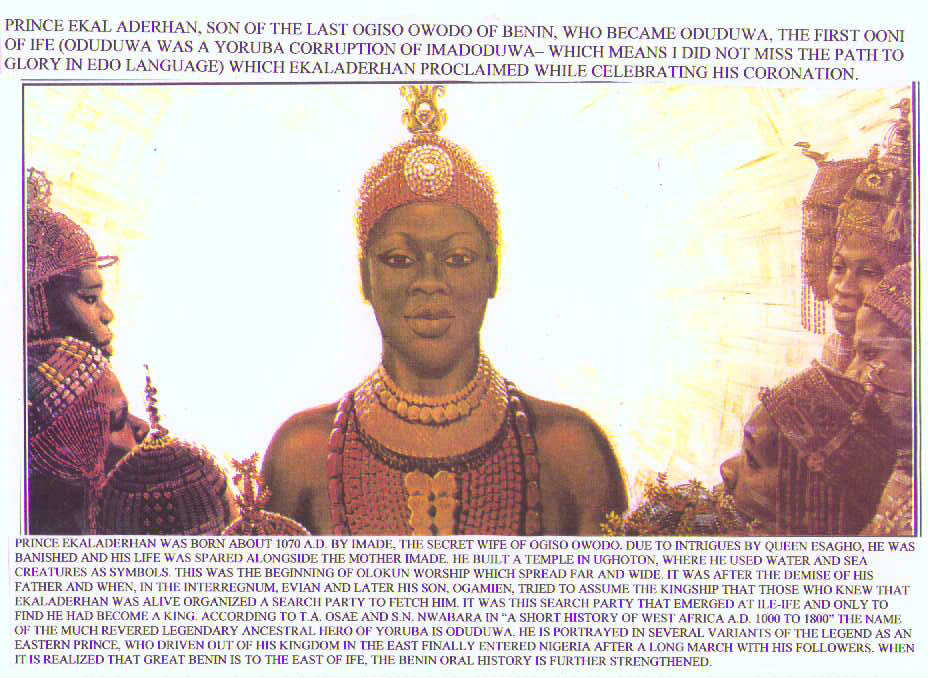
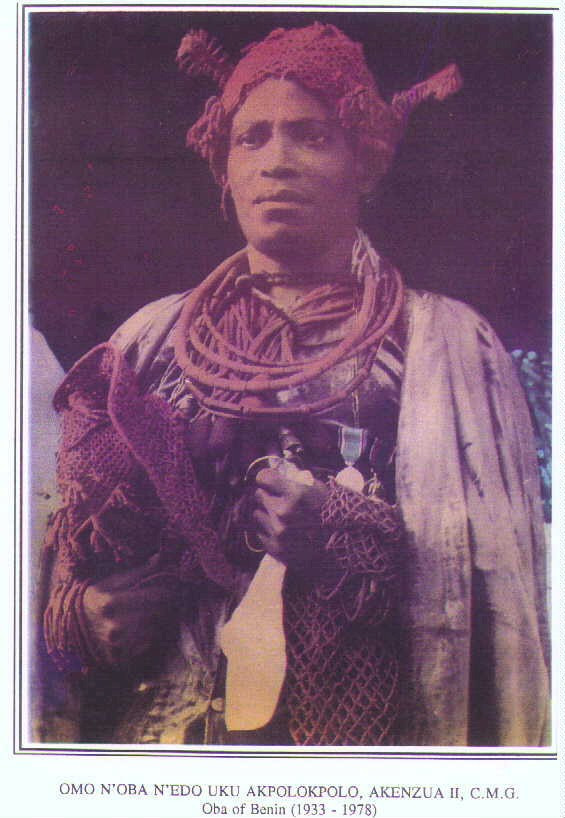
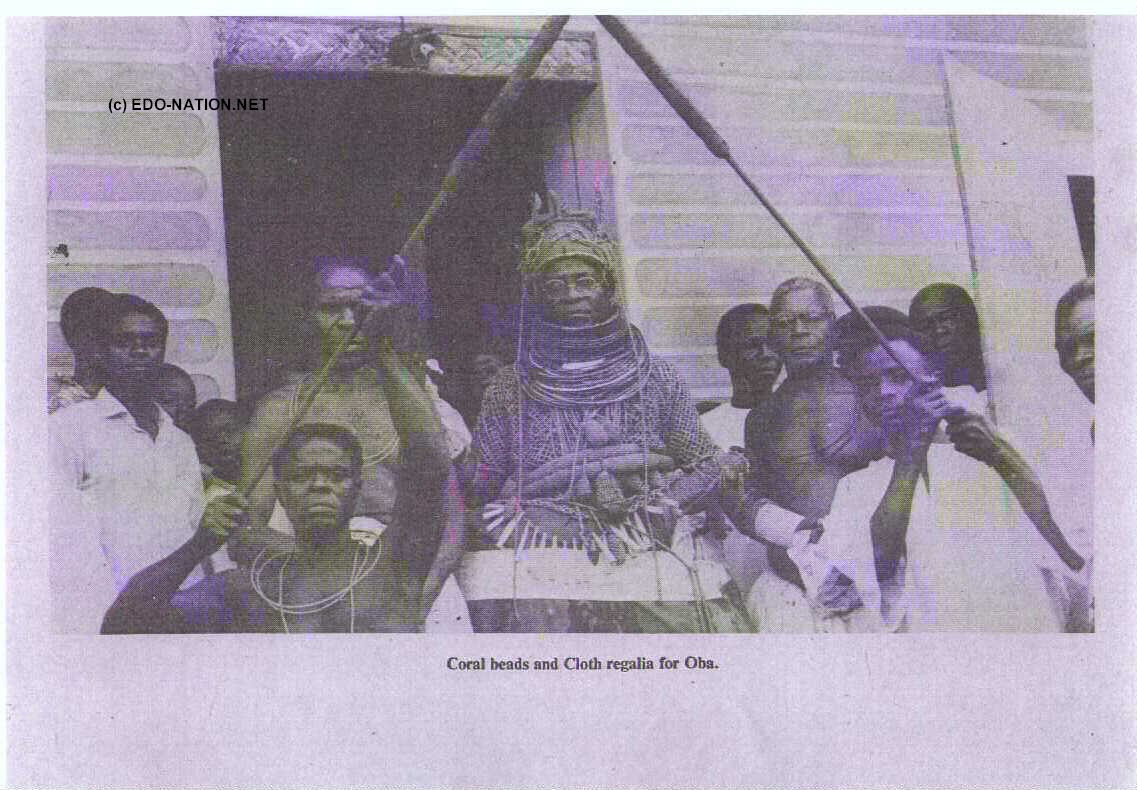
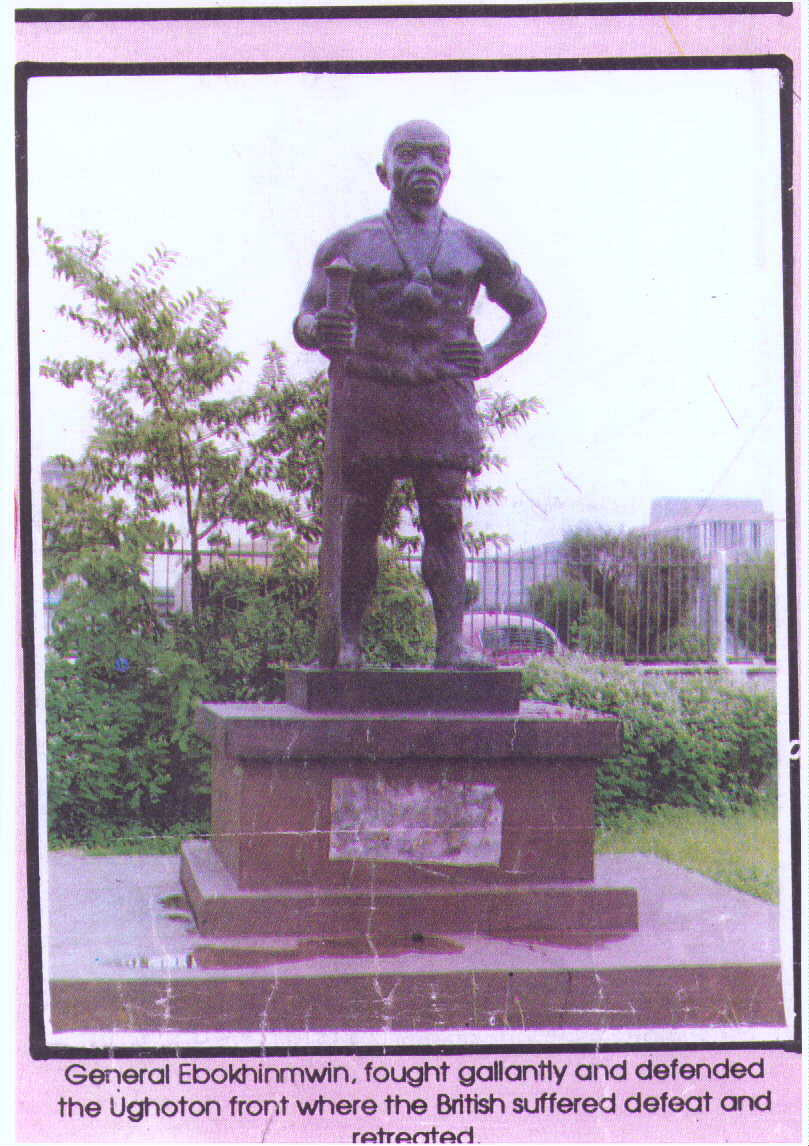
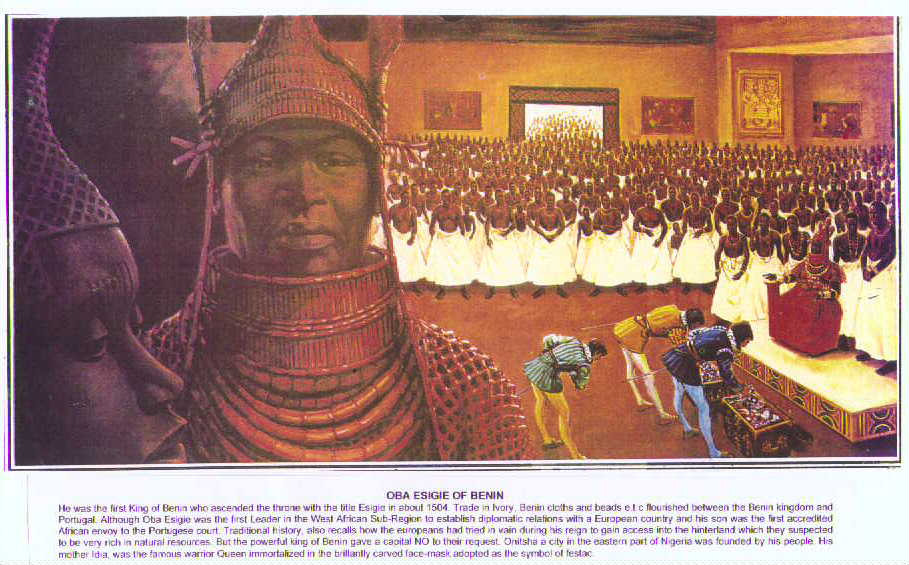
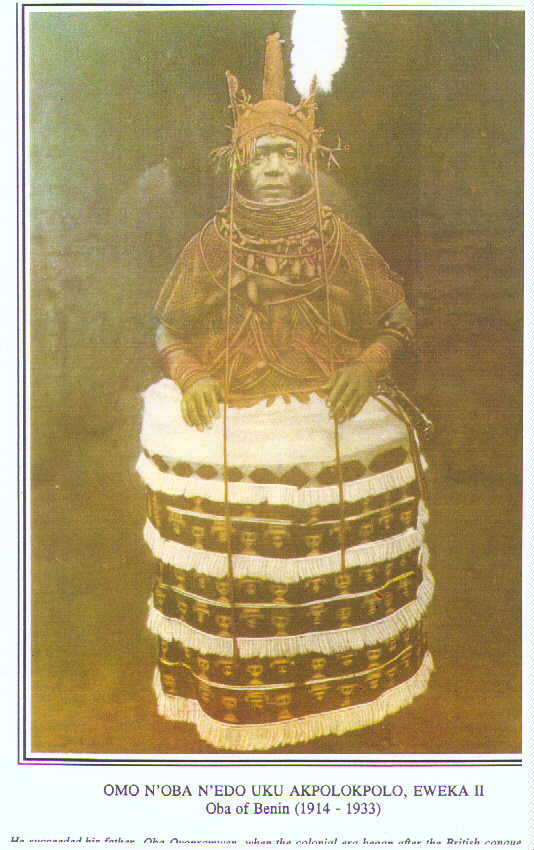
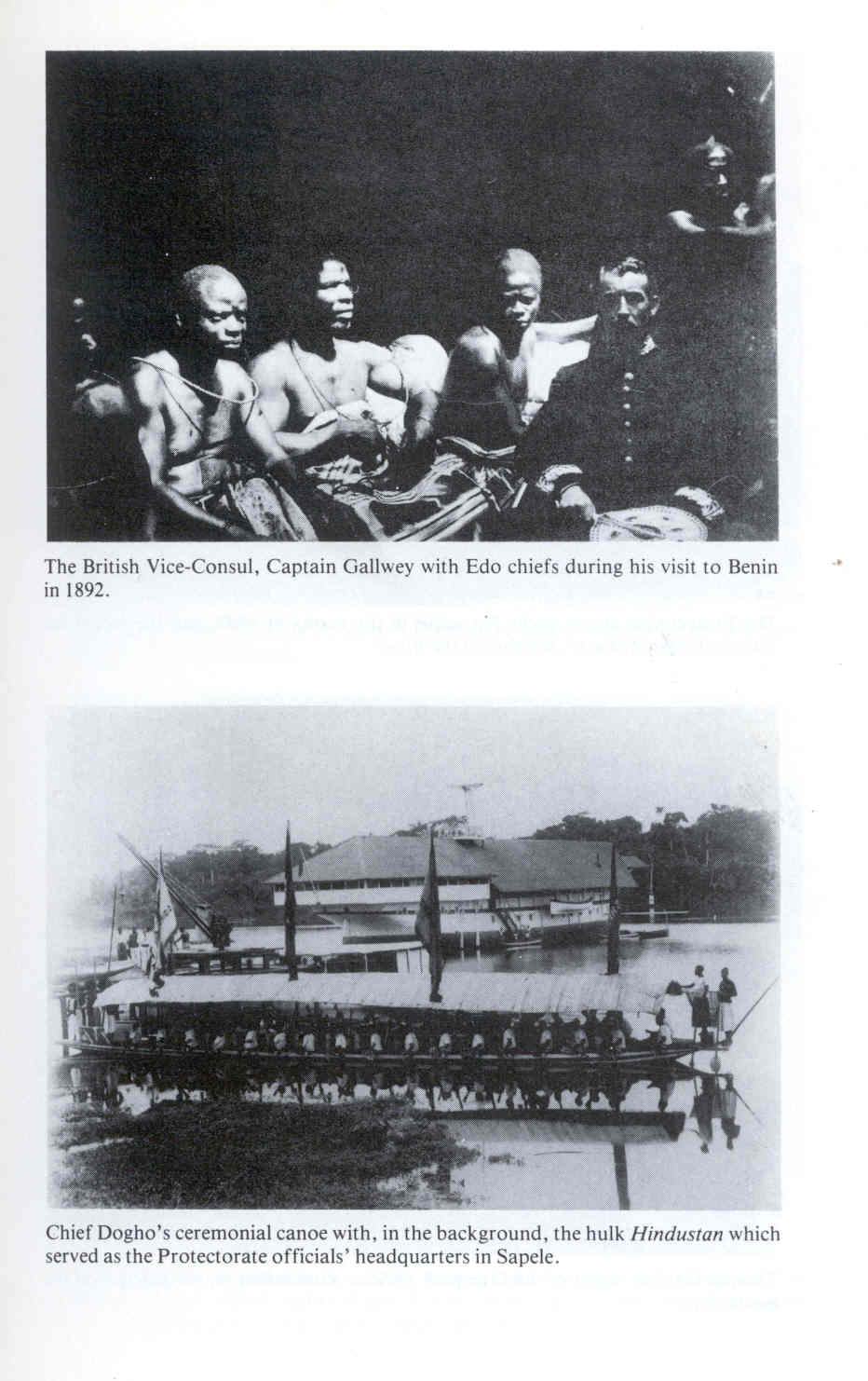
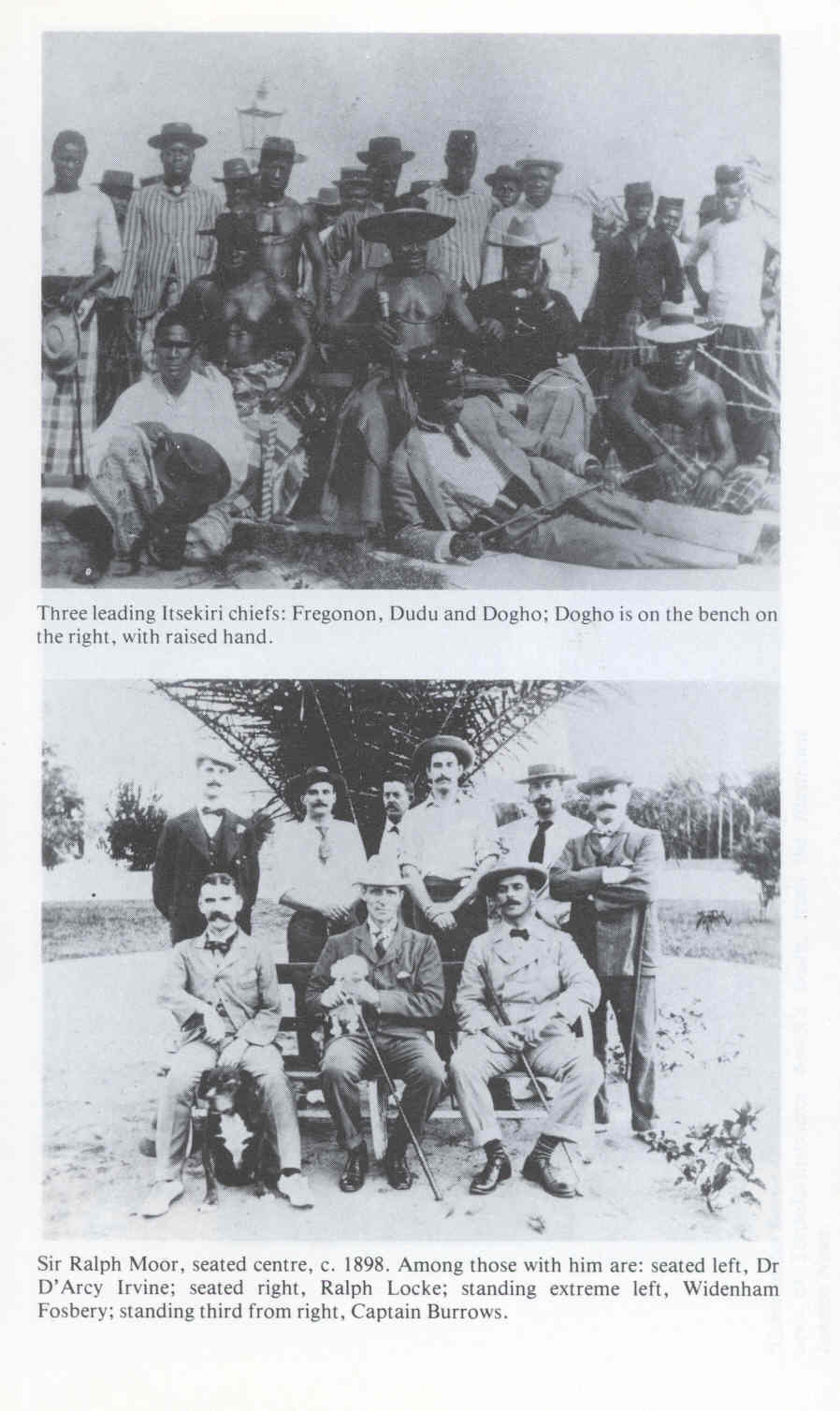
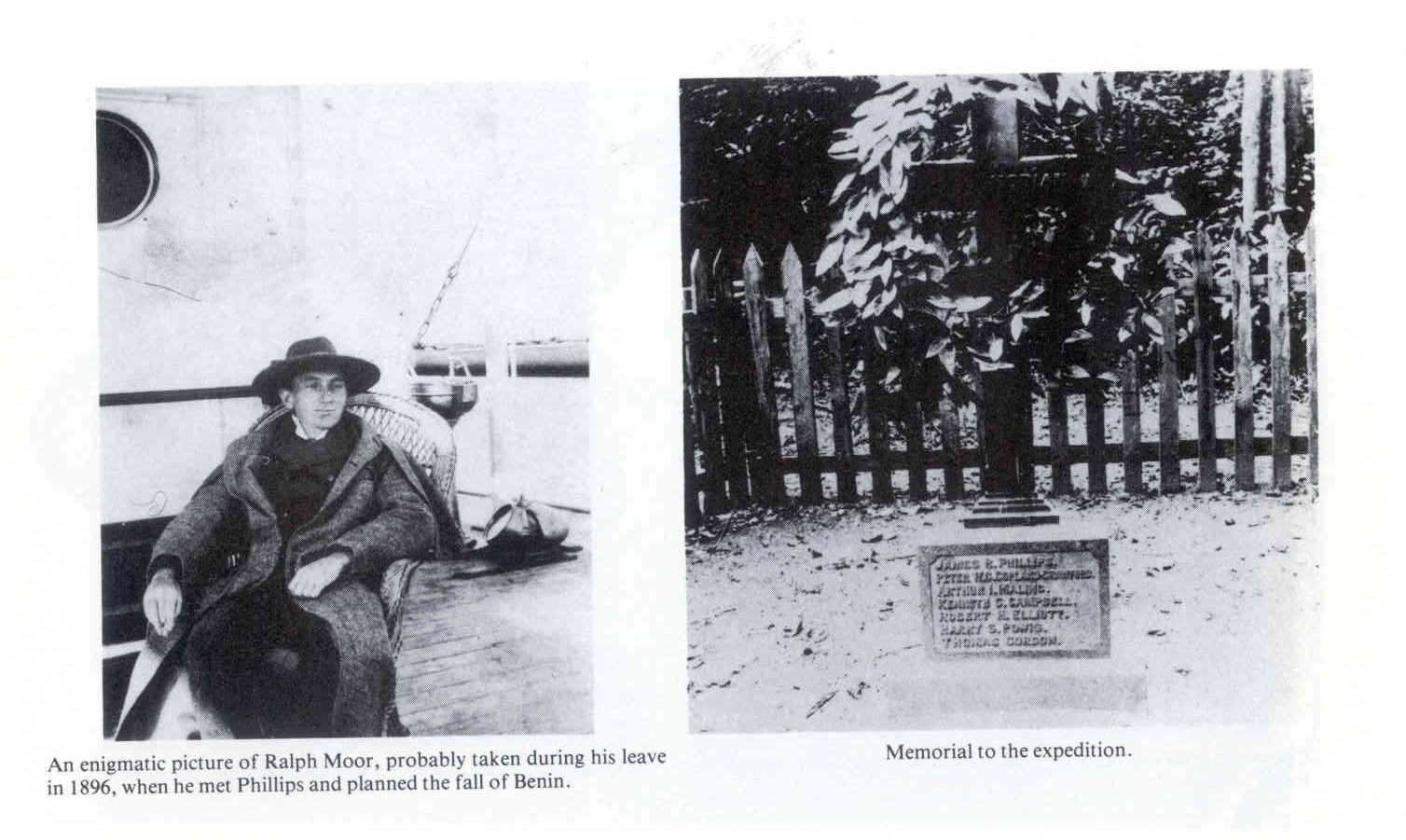
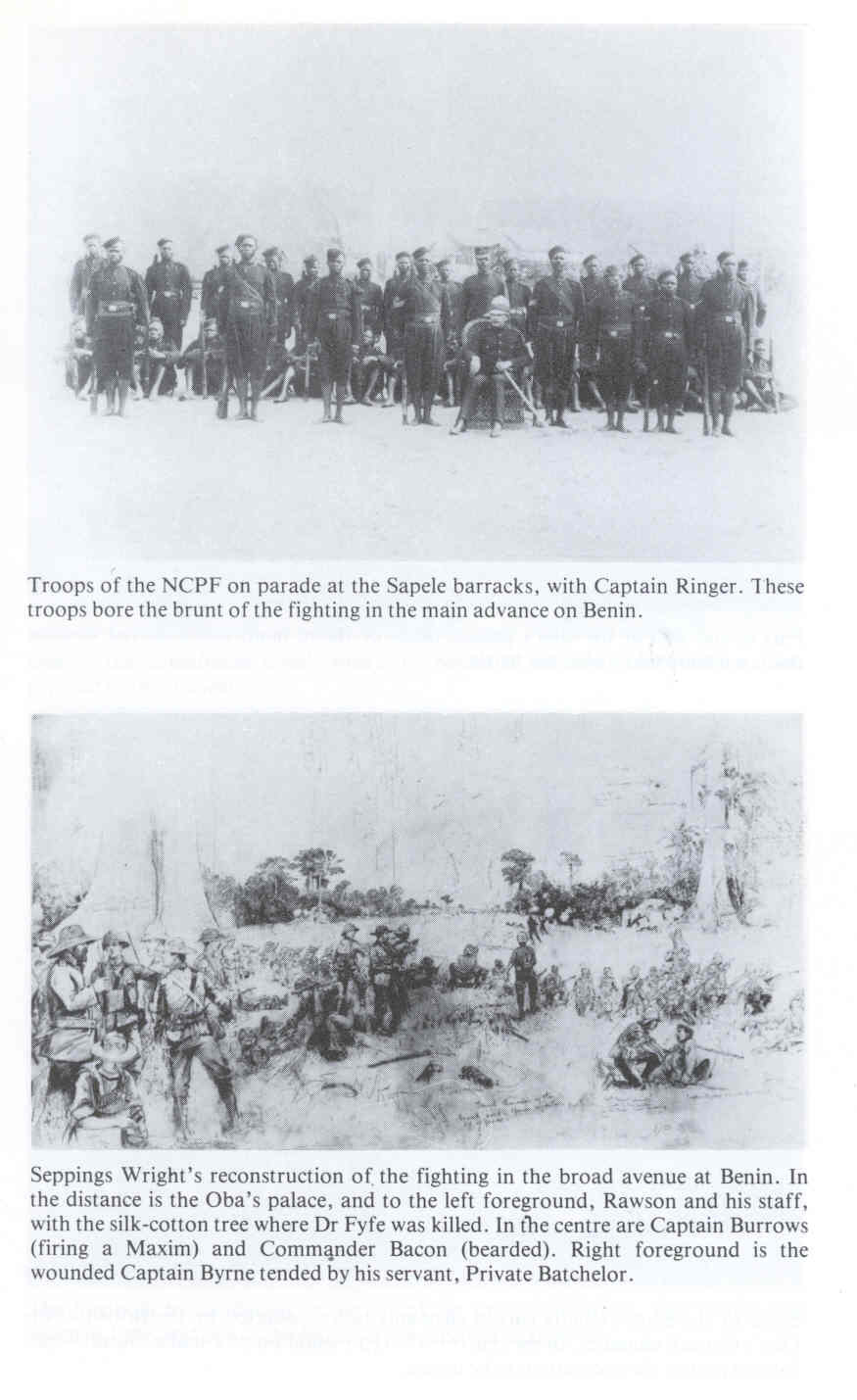
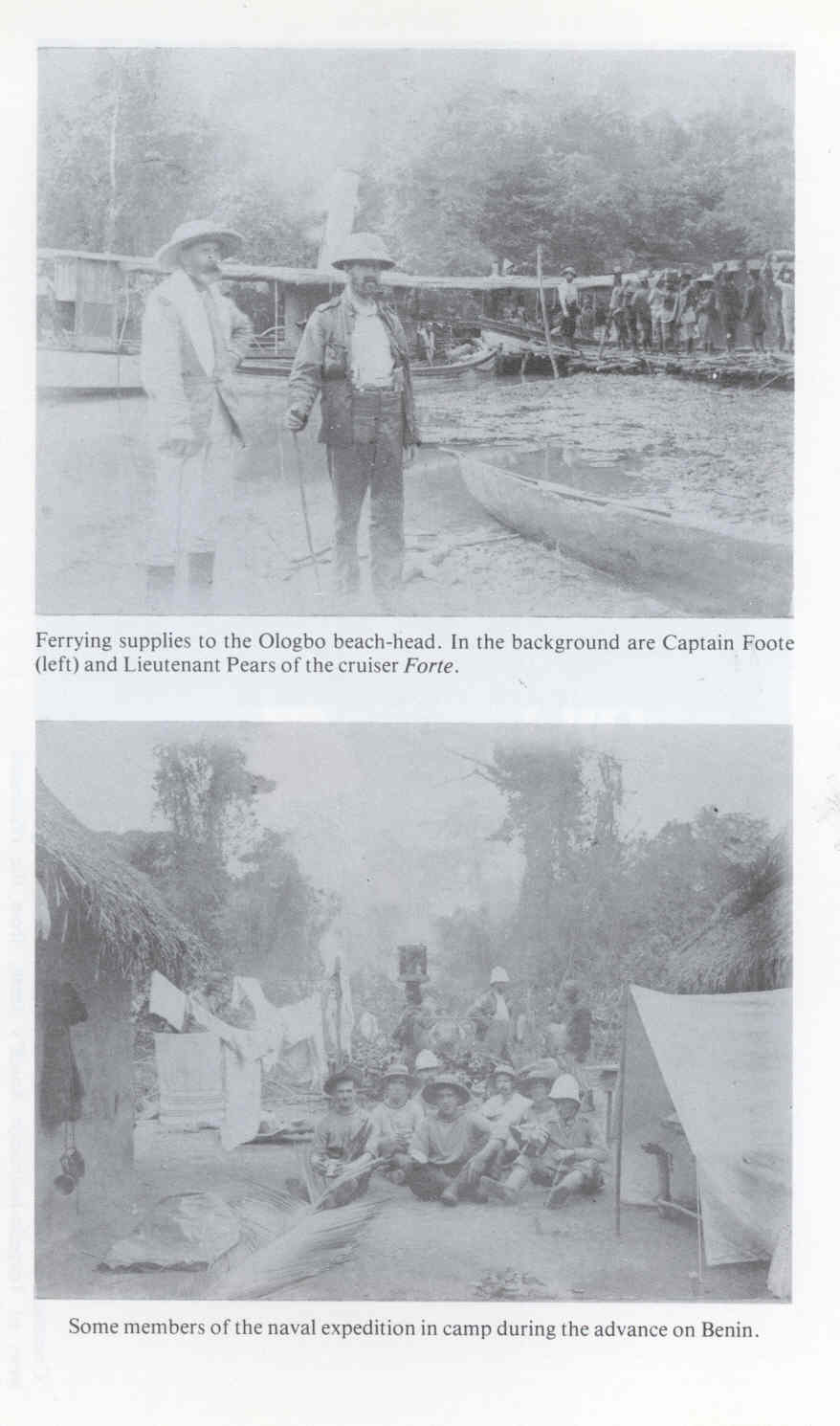
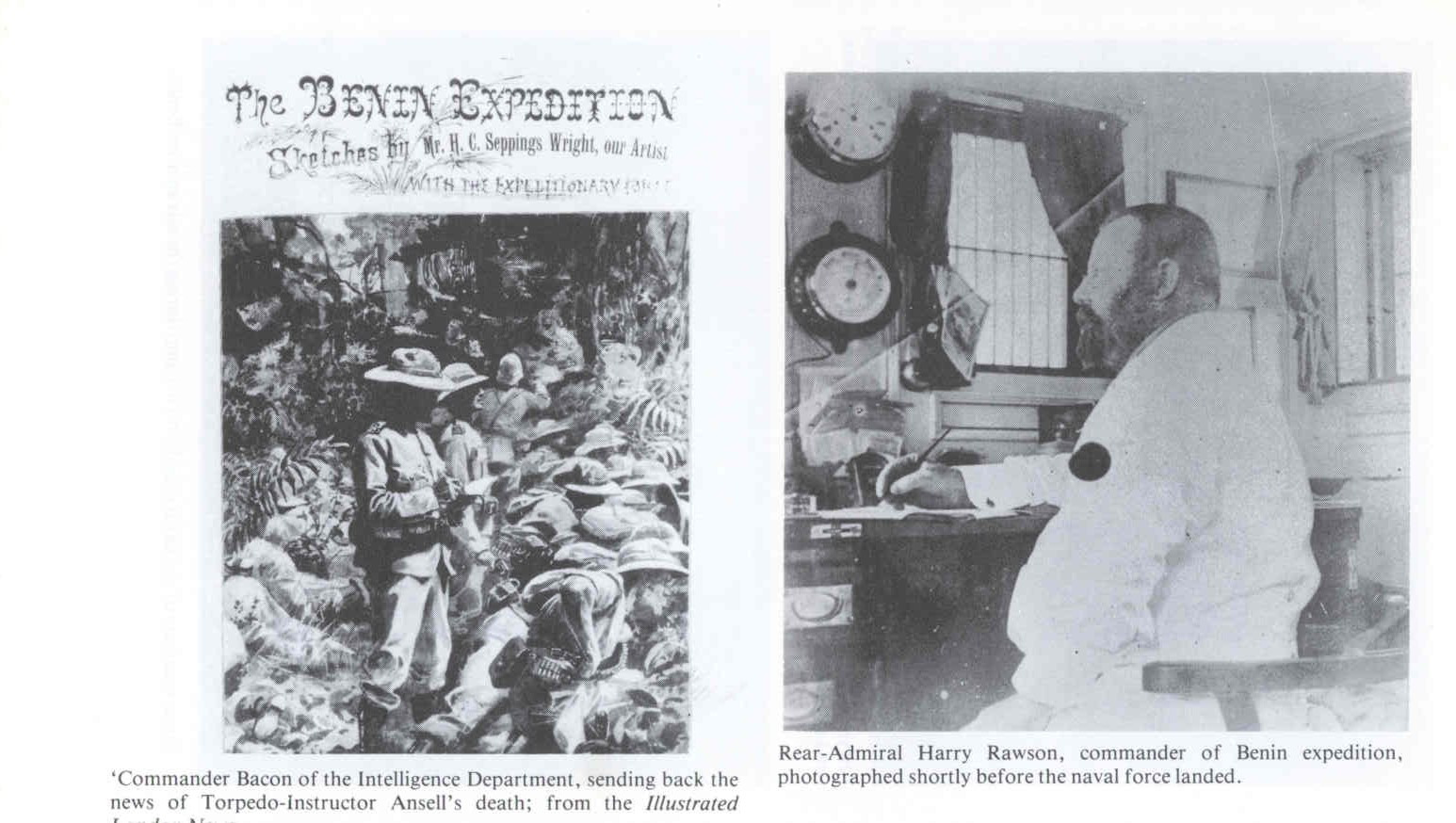
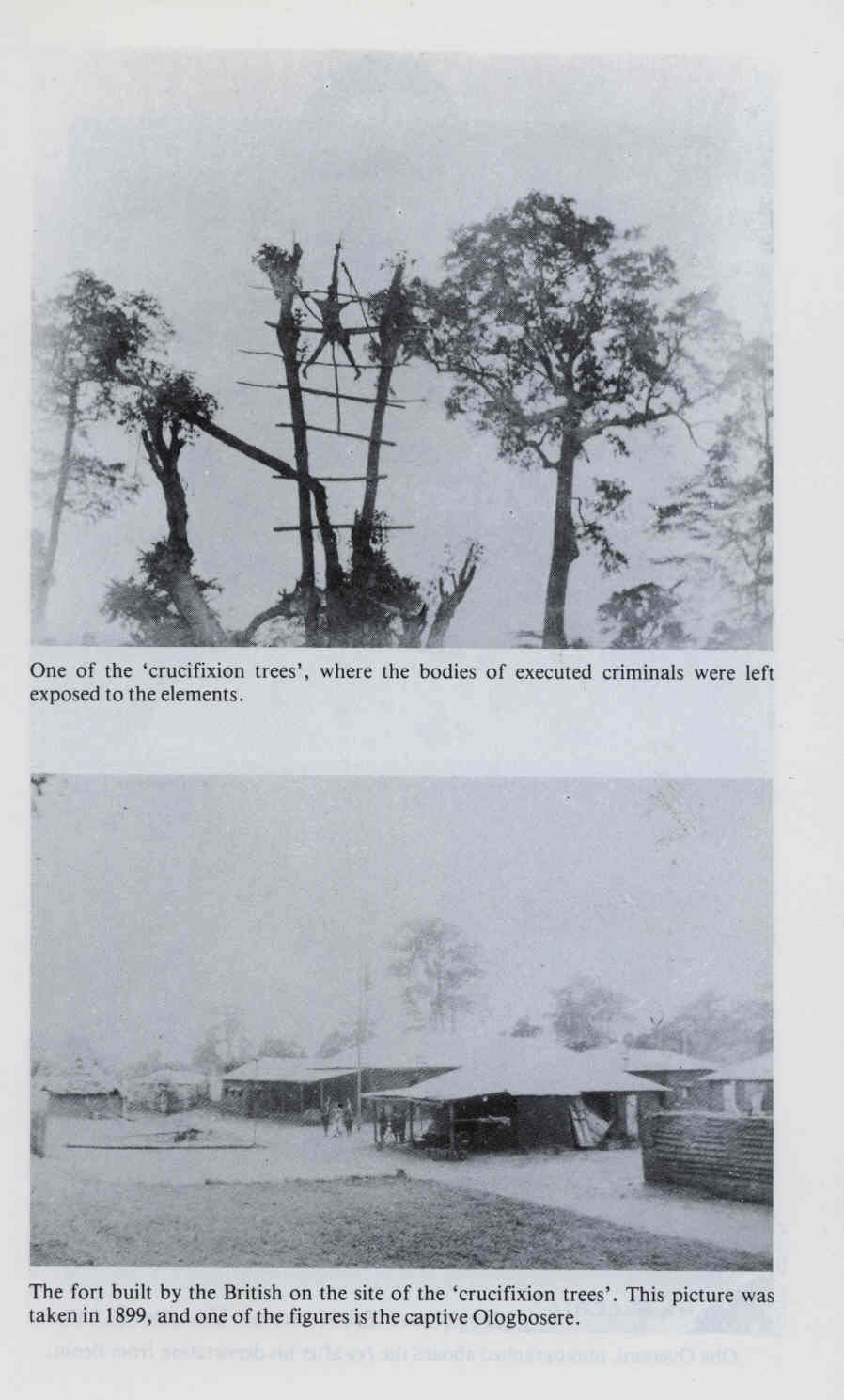
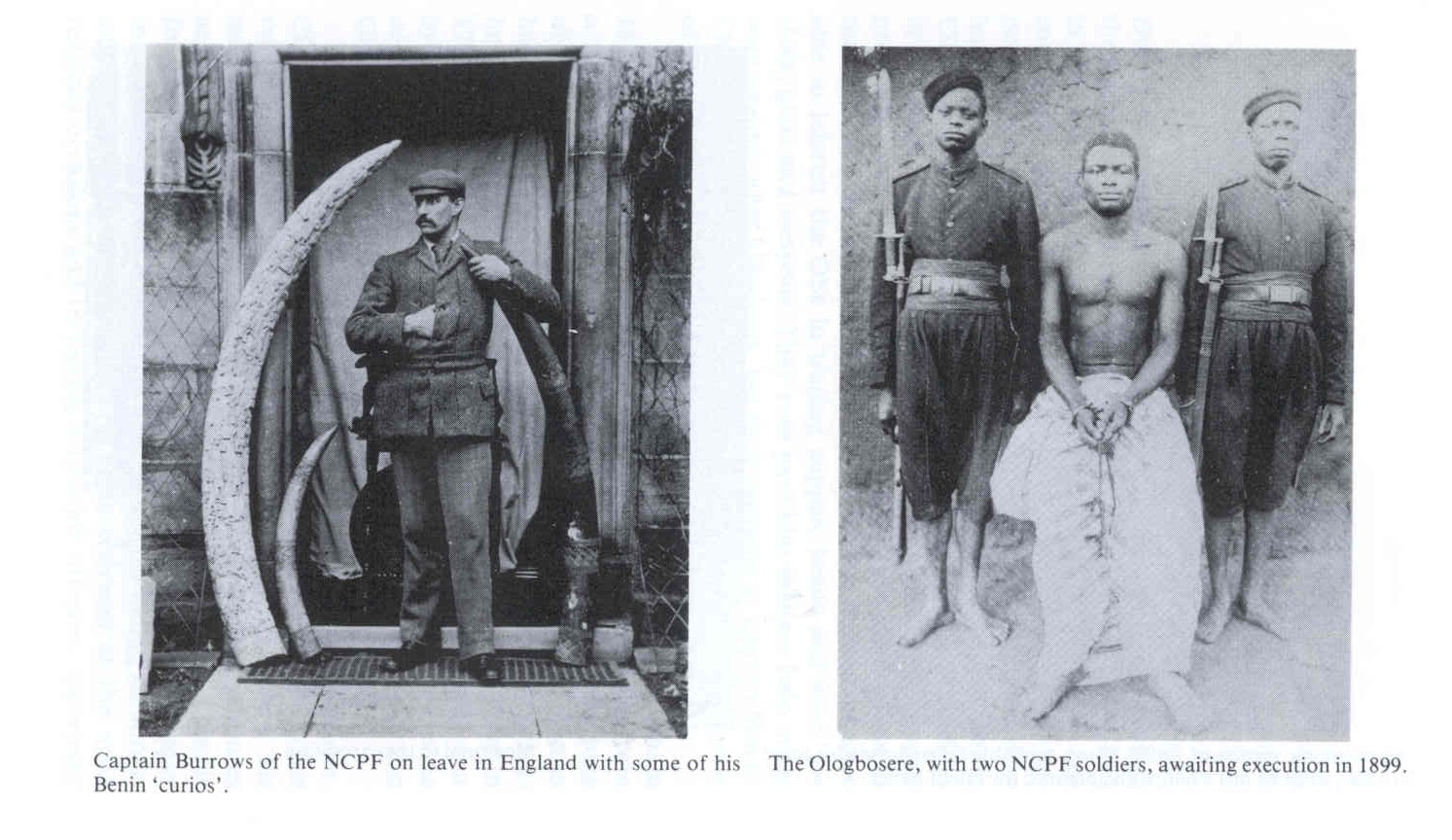
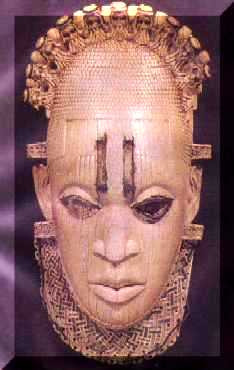
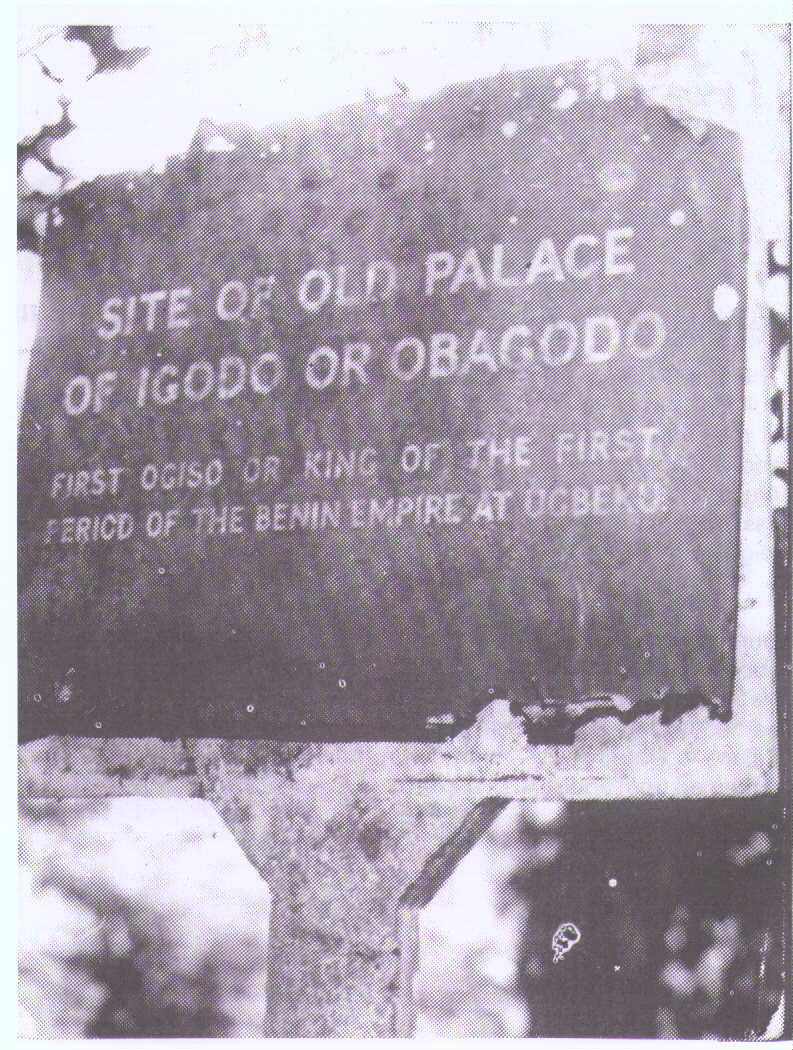
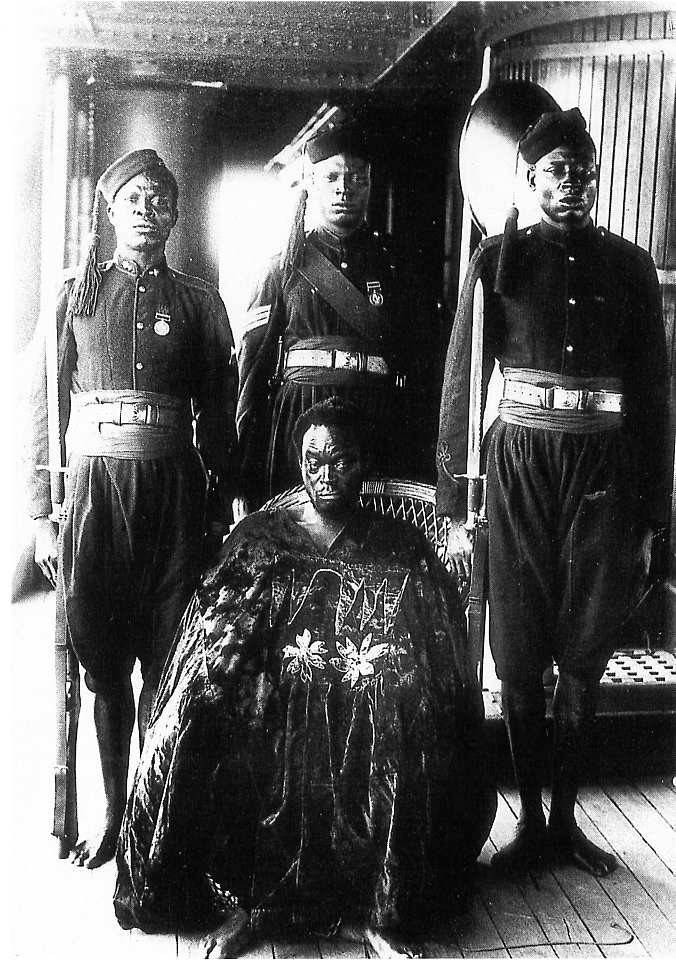
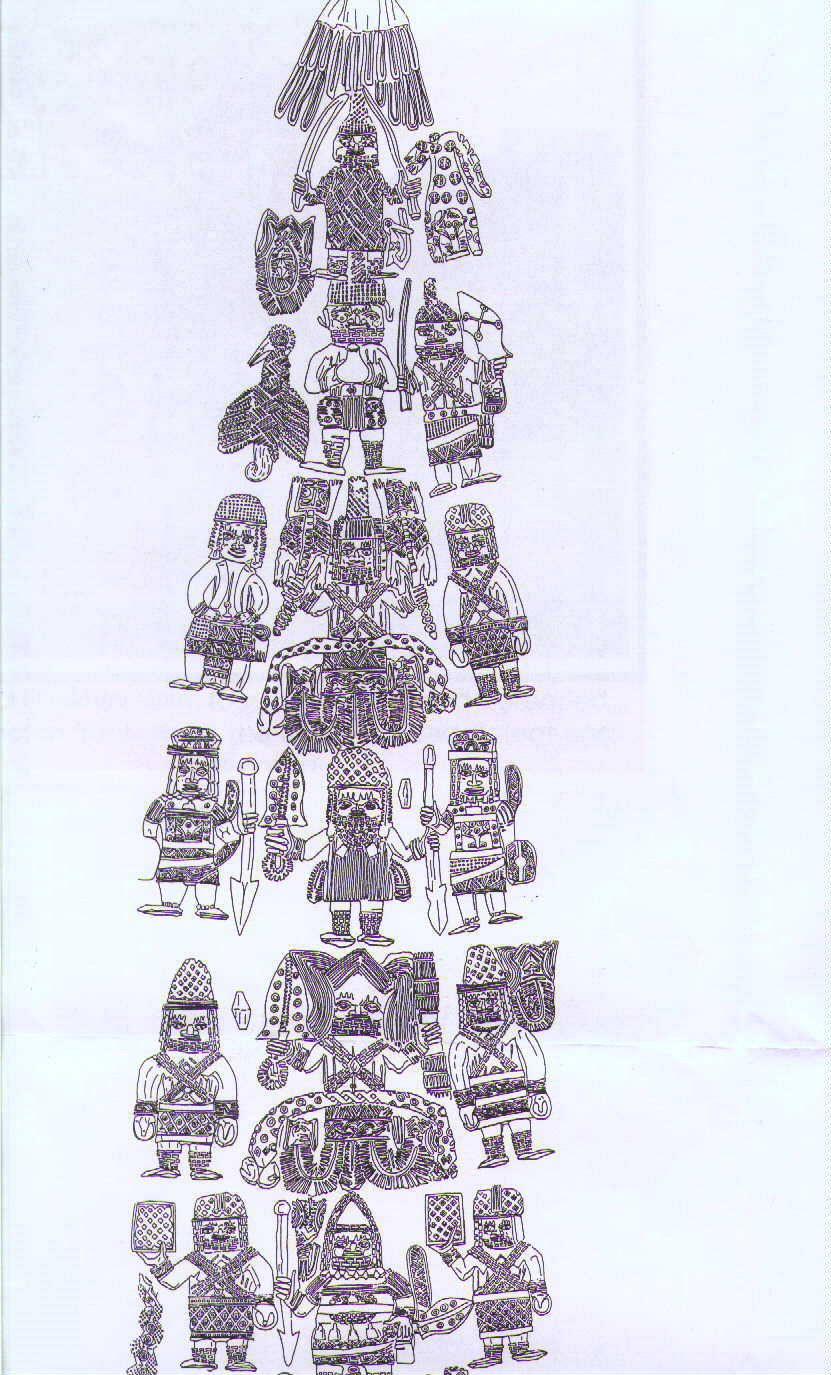
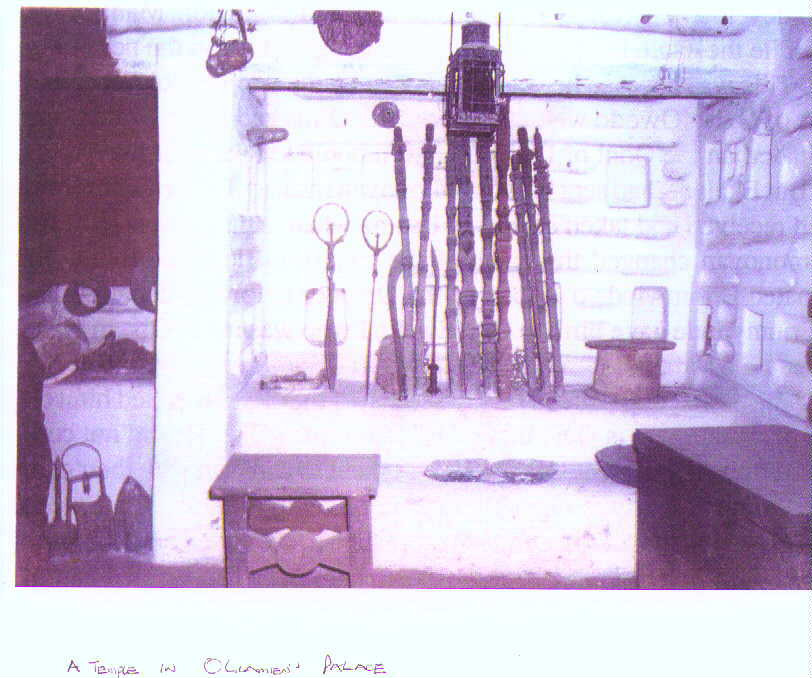
© 2024 Segun Toyin Dawodu | All rights reserved
